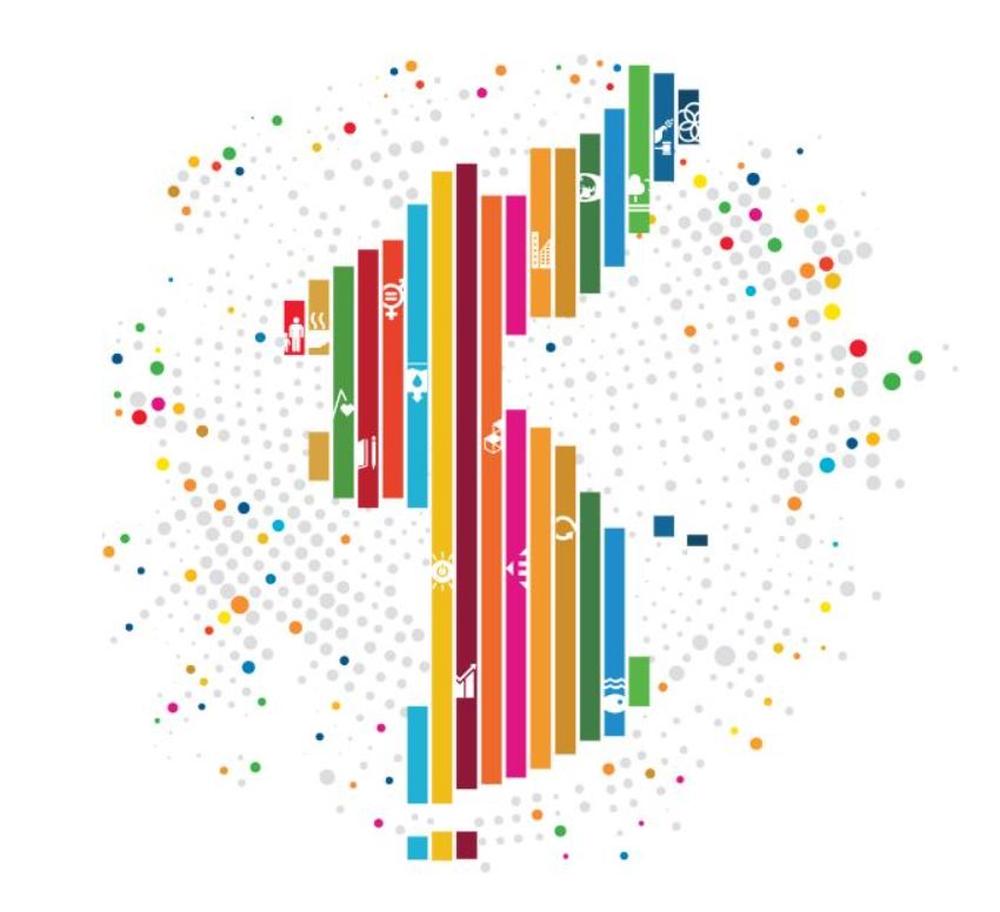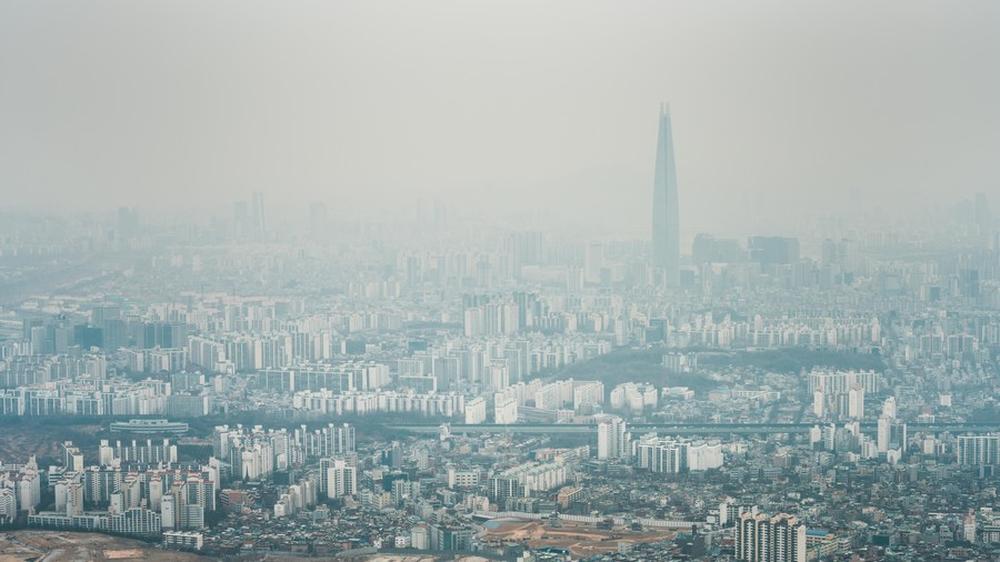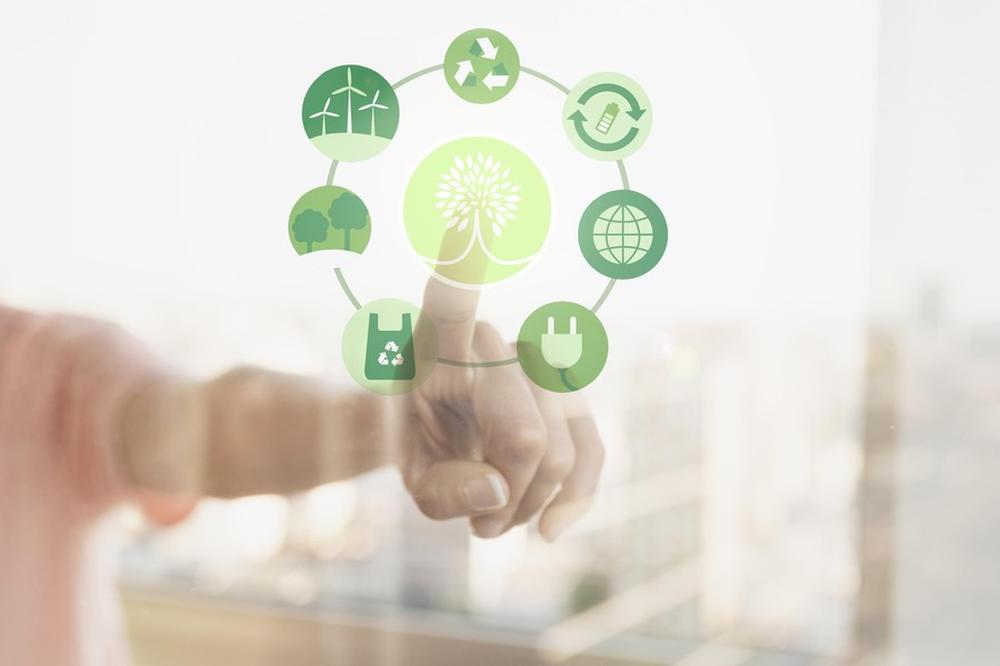- #Economy & Trade
- #Global Issues

► The South Korean government recently announced a substantial increase in its Official Development Assistance (ODA) for the coming year—approximately USD 5.3 billion, marking a 43.2% rise compared to the 2023 ODA budget.
► South Korea had notable progress before and after the start of SDGs, but it faces several challeneges: 1) South Korea needs to work on environment-related SDGs (Goals 13, 14, 15) domestically and internationally, 2) situations related to gender equality (Goal 5) and reduced inequality (Goal 10), and 3) playing a key role in providing more assistance to developing countries to achieve economic and political development (Goal 17).
►South Korea has demonstrated a dedication to building a more sustainable and inclusive future by aligning its national agenda with the SDGs, and it will be essential for the country to address challenges related to environment, equality, and partnership issues.
Introduction
South Korea, once counted among the world's poorest countries, is now one of the developed countries actively pursuing the United Nations Sustainable Development Goals (SDGs). Recognizing the significance of this global agenda, the South Korean government recently announced a substantial increase in its Official Development Assistance (ODA) for the coming year—approximately USD 5.3 billion, marking a 43.2% rise compared to the 2023 ODA budget. This increase will elevate South Korea's ODA/GNI ratio from 0.17% in 2023 to 0.3% in 2024, aligning with the OECD DAC average. This commitment signals South Korea's contribution to the achievement of SDGs, particularly in fostering partnerships for the goals (Goal 17). This article reviews South Korea's efforts across various sectors to achieve SDGs, along with addressing its challenges.
South Korea’s Achievement of SDGs
South Korea's remarkable economic transformation over the past few decades, transitioning from a war-torn nation to a global economic powerhouse, is well-acknowledged. The government's commitment to inclusive growth is evident in policies that have significantly reduced poverty and improved living standards. Even before the SDGs era, South Korea made notable progress in achieving goals such as no poverty (Goal 1), zero hunger (Goal 2), clean water and sanitation (Goal 6), and decent work and economic growth (Goal 8). Furthermore, the nation's transition from dictatorship to democracy, while facing an unstable security situation with North Korea located in East Asia, demonstrates a certain level of peace, justice, and strong institutions (Goal 16).
South Korea has also implemented policies improving social aspects of people's lives, particularly in public health and education. With a national health insurance service, most South Koreans can access healthcare services at minimal cost. Moreover, advanced health-related technologies and well-equipped hospitals have made South Korea as an attractive destination for complex surgeries. Concerns about good health and well-being (Goal 3) are alleviated for most citizens. Besides, almost every student who wishes to learn and work hard does not need to worry about quality education (Goal 4). The mandatory nine-year education system ensures that students receive the necessary education without financial burden.
Gender equality and social inclusion stand as important pillars in South Korea's pursuit of SDGs. The government has instituted a suite of policies aimed at dismantling gender disparities in the workplace, elevating opportunities for women, and championing diversity. South Korea, undeterred, actively channels its efforts toward the realization of gender equality (Goal 5) and reduced inequality (Goal 10). Initiatives targeting issues like the gender pay gap and social discrimination are integral components of South Korea's multifaceted strategy, contributing significantly to the construction of a more inclusive and equitable society.
While South Korea experienced rapid social and economic growth, it has posed environmental challenges. Recognizing this, the government has implemented policies to promote affordable and clean energy (Goal 7), responsible consumption and production (Goal 12), and climate action (Goal 13). Initiatives include increasing the share of renewable energy, implementing green technologies, and promoting eco-friendly practices in industries. South Korea's commitment to hosting various organizations including the Global Green Growth Institute and the Green Climate Fund further exemplifies its dedication to mitigating climate change on a global scale. South Korea recognizes the importance of preserving biodiversity and has implemented policies to protect life below water (Goal 14) and life on land (Goal 15). The government has established marine protected areas, enforced sustainable fishing practices, and promoted reforestation efforts to enhance environmental sustainability.
South Korea's urbanization process has been accompanied by a focus on building smart cities and sustainable urban infrastructure. Investments in technology, transportation, and infrastructure align with better industry, innovation, and infrastructure (Goal 9). Additionally, efforts to create livable and sustainable urban spaces led to sustainable cities and communities (Goal 11). Seoul, the capital, serves as a model with its efficient public transportation system, green spaces, and smart city initiatives.
Future Pathways for South Korea
Despite notable progress before and after SDGs started, South Korea has faced challenges on its path to achieving SDGs. First, South Korea needs to work on environment-related SDGs (Goals 13, 14, 15) domestically and internationally. To fight against the climate crisis that all countries are experiencing, South Korea needs to accelerate the transition to a green economy by investing in renewable energy, sustainable agriculture, and eco-friendly technologies, achieving Goal 7. In addition, it needs to transfer its technologies and invest in green industries in developing countries. As Goal 17 states, this leads to strengthening partnerships for knowledge exchange, technology transfer, and collaborative initiatives, working with developing countries.
Second, it has been pointed out that situations related to Goals 5 and 10 need to be improved. According to the OECD report, some population groups are not well covered by social protection, meaning that poverty issues among the elders do exist. The government is trying to improve this situation by providing basic pensions for over 65-year-old people. Nonetheless, many people indeed have difficulty surviving after retirement. The gender gap still exists as women are underrepresented in both political and economic spheres in South Korean society. Moreover, other minor groups are not well legally protected in South Korea as the legal framework is not enough to prevent all forms of discrimination.
Third, South Korea needs to play a key role in providing more assistance to developing countries to achieve economic and political development, pursuing Goal 17. We can say that the achievement of South Korea's SDGs might be enough, but their efforts to help developing countries achieve SDGs might not be sufficient. As mentioned, the significant increase in the ODA budget can be the first step to enlarging the role of South Korea. Along with the increased ODA budget, South Korea needs to specialize its ODA to promote the economic and political development of developing countries. For example, South Korea can provide a larger amount of ODA for information and communications technology as well as its related technologies. This can enable developing countries to pursue several SDGs like Goal 4, 8, 9, 11, and 12. Moreover, ODA for democracy promotion can be provided. South Korea already secured election-related systems and technologies, which can be shared with developing countries. With the support from South Korea, developing countries can achieve SDGs like Goal 16.
Conclusion
Due to COVID-19, the schedule for the achievement of SDGs is being delayed in many countries. While South Korea has also suffered from COVID-19, its fast recovery from COVID-19 enables South Korea to continue pursuing SDGs. By aligning its national agenda with the SDGs, South Korea has demonstrated a dedication to building a more sustainable and inclusive future. As the nation continues its development trajectory, addressing challenges related to environment, equality, and partnership issues will be essential. As it has been a role model for the economic and political development of developing countries, South Korea's experiences toward the achievement of SDGs can serve as valuable lessons for the global community in the collective pursuit of a more sustainable and equitable world by 2030.
Dr. Youngwan Kim (Ph.D. in political science, University of Iowa) is Professor at the Department of Political Science, Sogang University. His research interests include NGOs, foreign aid, international development cooperation, international organizations, and international law. With co-authored book, International Organizations, his representative works have been published in several journals like World Development, Development and Change, Foreign Policy Analysis, Disasters, etc.


